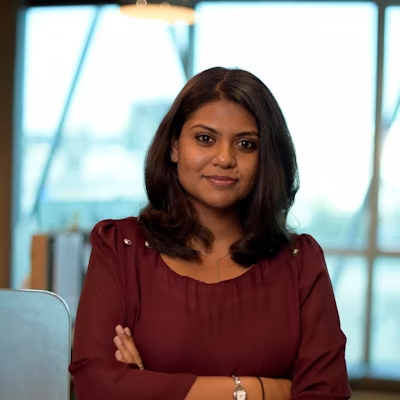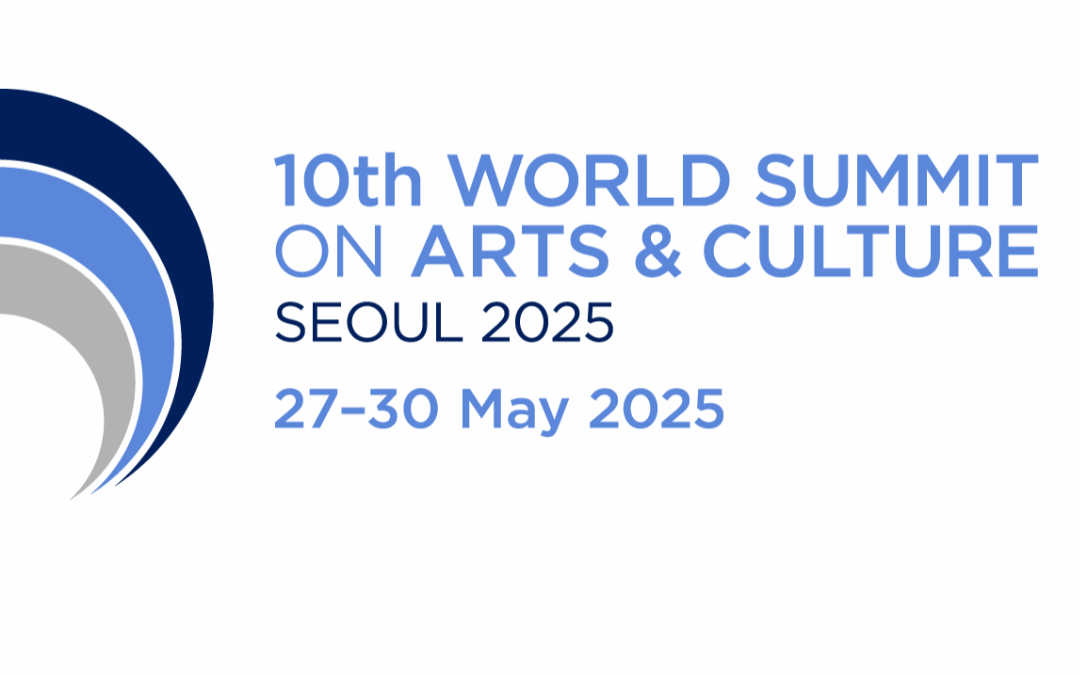ARC @ 2025 IFACCA World Summit on Arts & Culture
Seoul
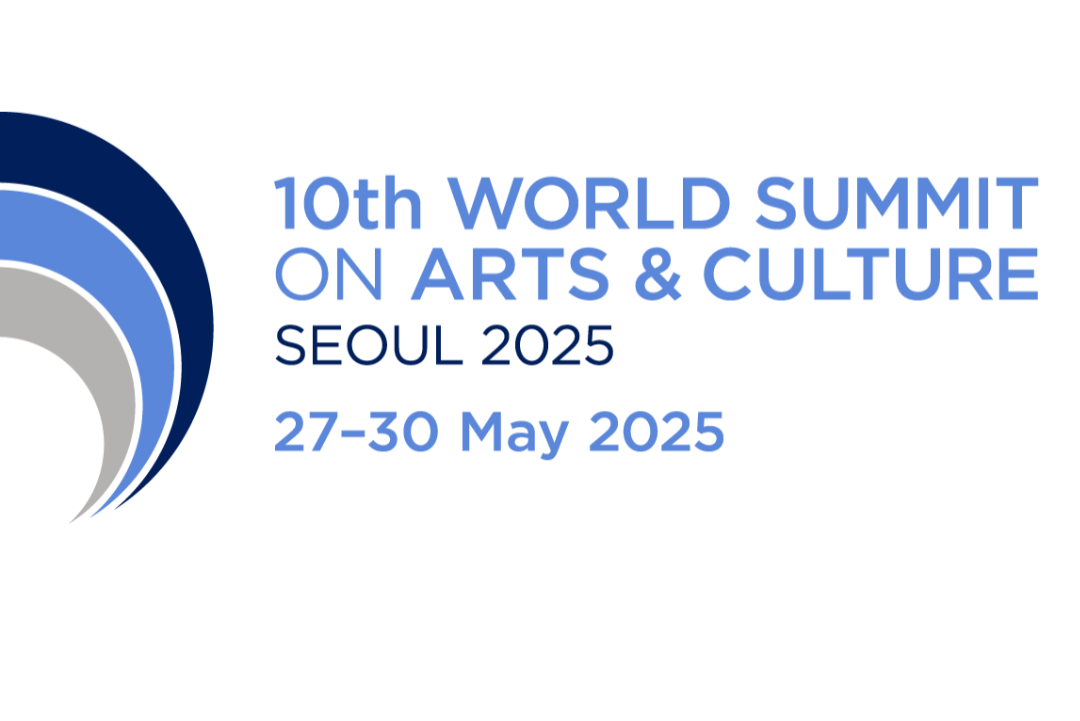
27-30 May 2025
ARKO Arts Theater | Dongdaemun Design Plaza
From 27–30 May 2025, ARC will join the global arts community and convene in Seoul, South Korea, for the 10th World Summit on Arts and Culture on Charting the Future of Arts and Culture.
Following the 27 May opening ceremony, day one of the Summit, 28 May 2025, will focus on identifying key challenges to the arts and culture sector, emerging tensions, and what roles state and non-state actors play in these conflicts. Discussions will explore knowledge hierarchies and participatory systems, valuing art as a social good and mechanism of resistance and resilience. On day two, 29 May, engagements will reflect upon governance and artificial intelligence (AI) in the arts, looking toward strategies for sustainability and ethical creation. Discussions will also address the climate crisis and how the advent of new technologies can impact Indigenous knowledge production. The third and final day will include reflection on future horizons for arts and culture and the need to plot a common roadmap that ensures a just and sustainable future for the sector.
On 28 May, ARC’s Regional Representative for Asia & the Pacific, Manojna Yeluri, will speak on the panel discussion “Navigating Global Shifts, Mapping Local Impacts” in conversation with the Nepalese social activist and Freedom Studio Program Associate Renu Ghimire and Executive Director of the Arab Fund for Arts and Culture, Rima Mismar. Moderated by Dr. Tomás Peters from the University of Chile, Santiago, the event will explore how global shifts have influenced connectedness and how cultural institutions can build resilience in times of uncertainty. Please find more details on the event and speakers below.
Navigating Global Shifts, Mapping Local Impacts
Wednesday, 28 May, 2025
4:30 PM – 6:00 PM
I-eum center – Art Hall (includes simultaneous translation into KOR/ENG/SPA/FRE)
Our operating environments continue to be defined by complexity, polycrisis and uncertainty, with overlapping developments that profoundly reshape societies, international relations and the CCS. How is change perceived across different communities and societies? What local shifts are unfolding in different regions? What key actions are needed to advance solutions, and what barriers hinder progress?
From systemic inequality and limited resources and knowledge, to fear of prosecution and geopolitics that affect communities and daily life, the discussion will also explore how recent shifts have influenced connectedness and whether diverse knowledge systems are in use within the CCS. Finally, it will consider how cultural institutions, and creative communities can effectively plan for risk and build resilience in times of prolonged instability and uncertainty.
Speakers
Renu Ghimire
Ms Renu Ghimire is a social activist from Nepal leveraging art, media and technology to drive social change. As Program Associate at Freedom Studio, a youth-led non-profit based in Kathmandu expanding civic expression, she leads initiatives that promote civic expression, human rights, gender equality and climate advocacy.
Ms Ghimire’s work addresses systemic inequities, supports marginalised groups and fosters vibrant civic spaces. She is dedicated to championing freedom of expression and the right to peaceful assembly. She is a founding member of The Artivist Network, an independent collective of artists, activists and social workers.
With a background in social work and a deep interest in historical narratives and peacebuilding, Ms Ghimire works to empower communities through visual storytelling, artivism and digital media campaigns. She organises workshops, festivals and other creative events focused on feminist movements to equip individuals with creative tools to amplify social movements.
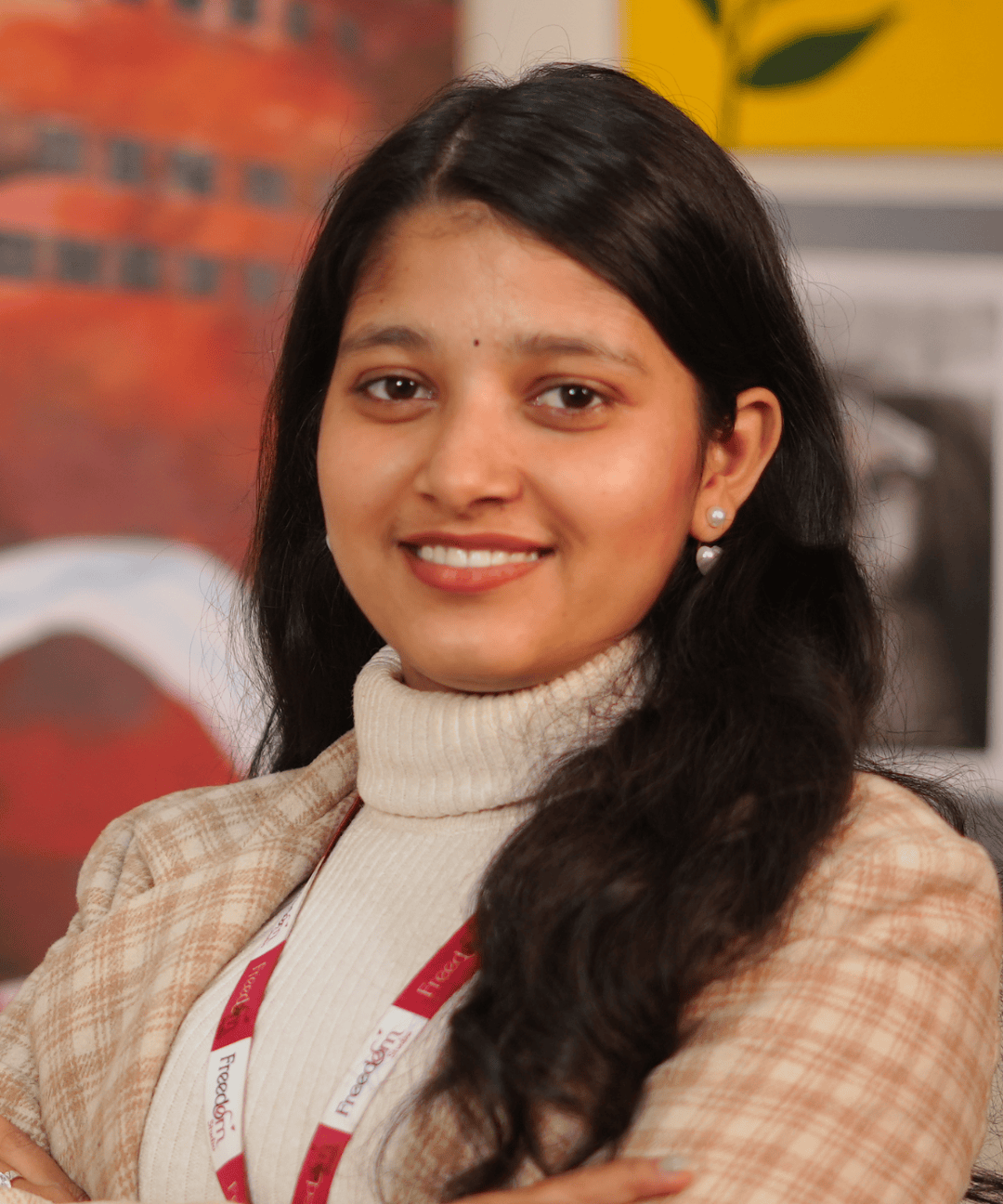
Rima Mismar
Ms Rima Mismar is the Executive Director of the Arab Fund for Arts and Culture (AFAC), an independent institution that supports artists and arts and culture institutions across the Arab region and in diaspora. Ms Mismar works in the areas of film, photography, visual and performing arts, music, research, among others.
Ms Mismar joined AFAC in June 2011 as the Film Programs Manager and in 2015 was appointed Deputy Director, before taking the directorship helm in 2017. She has previously worked in television between 2005 and 2008, writing and producing several documentaries as well as a series on Arab cinema. She has participated in several festivals as a jury member, panellist, moderator and film critic.
Ms Mismar completed her studies in Communication Arts (Radio/ TV/ Film) at the Lebanese American University (LAU), Lebanon. She began pursuing her professional career as a film critic in 1999, writing for local newspapers and cultural supplements, focusing on cinema.
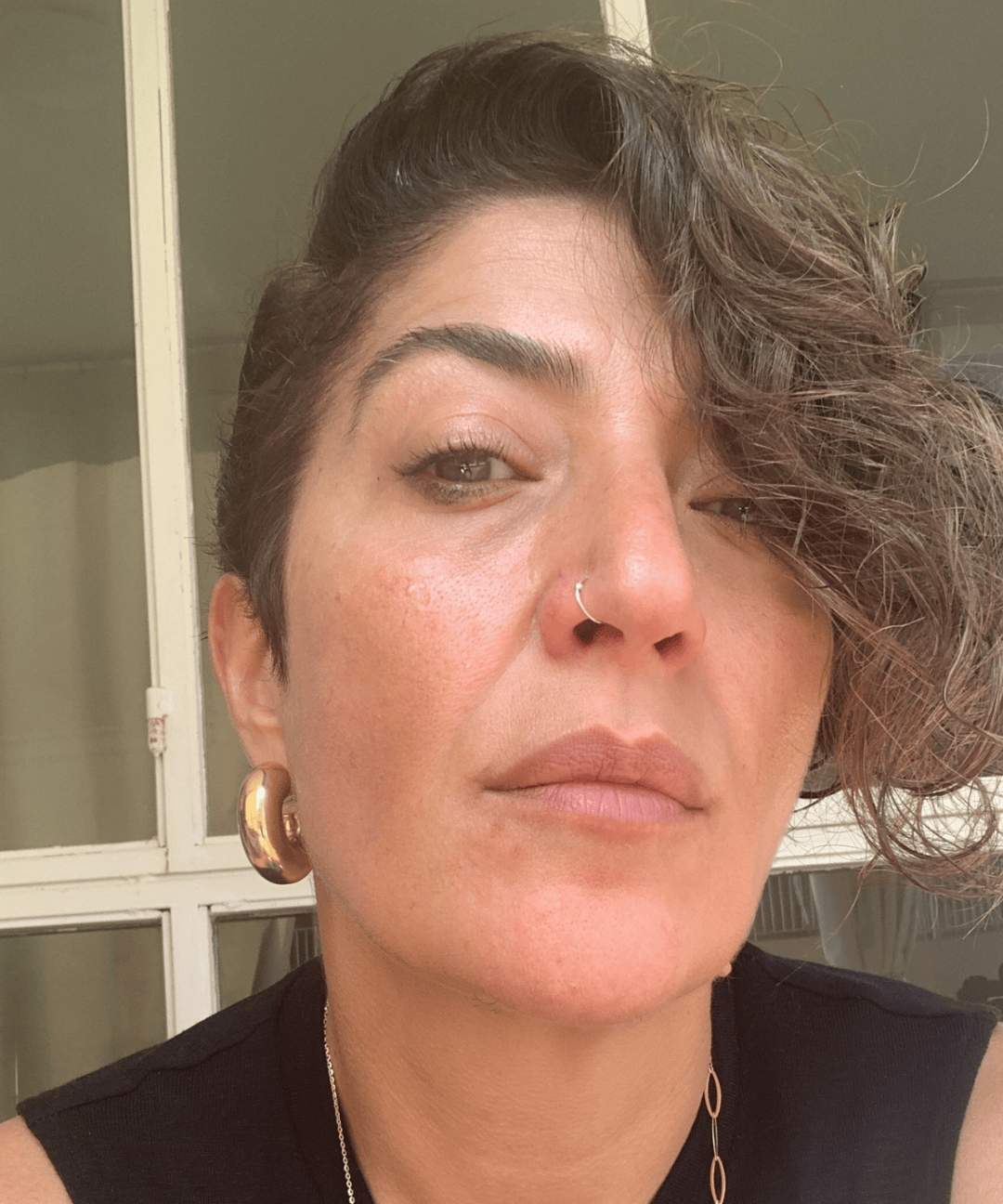
Tomás Peters (Moderator)
Dr Tomás Peters is a cultural sociologist based in Santiago, Chile and is currently an Assistant Professor at the Faculty of Communications and Image, University of Chile, Santiago.
Dr Peters has previously held a visiting researcher position at the Ibero-American Institute, Germany and has taught as a visiting professor at Pontificia Universidad Católica del Perú (Peru), Universidad Autónoma Metropolitana Unidad Iztapalapa (Mexico), Universidad de Buenos Aires (Argentina), Universidad Nacional Autónoma de México (Mexico) and University of Guadalajara (Mexico). Dr Peters was granted funding from Chile’s National Fund for Scientific and Technological Development (FONDECYT) to research the relationship between the Chilean State and the cultural field.
Dr Peters holds a PhD in Cultural Studies from Birkbeck, University of London, UK and his main areas of research include sociology of art, Latin American studies and cultural policy. He is the author of Sociology of Arts and Cultural Policy and The incessant gap: cultural policies and inequality in Chile.
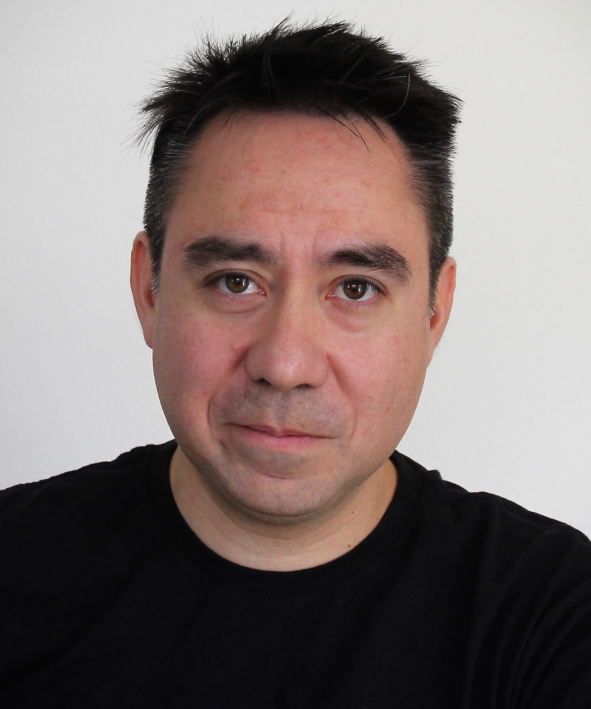
Manojna Yeluri
Manojna Yeluri is ARC’s Asia Regional Representative. Since 2020, she has worked across Asia to strengthen networks for at-risk creatives, co-authoring key publications and facilitating diverse workshops. Manojna is also a lawyer and the founder of Artistik License, a legal consultancy and education platform helping artists navigate entertainment, intellectual property, and cultural rights law. She holds a law degree from NALSAR University of Law in Hyderabad, India, and a Master of Laws (LLM) in Entertainment, Media, and Intellectual Property Rights Law from UCLA School of Law in Los Angeles, USA.
